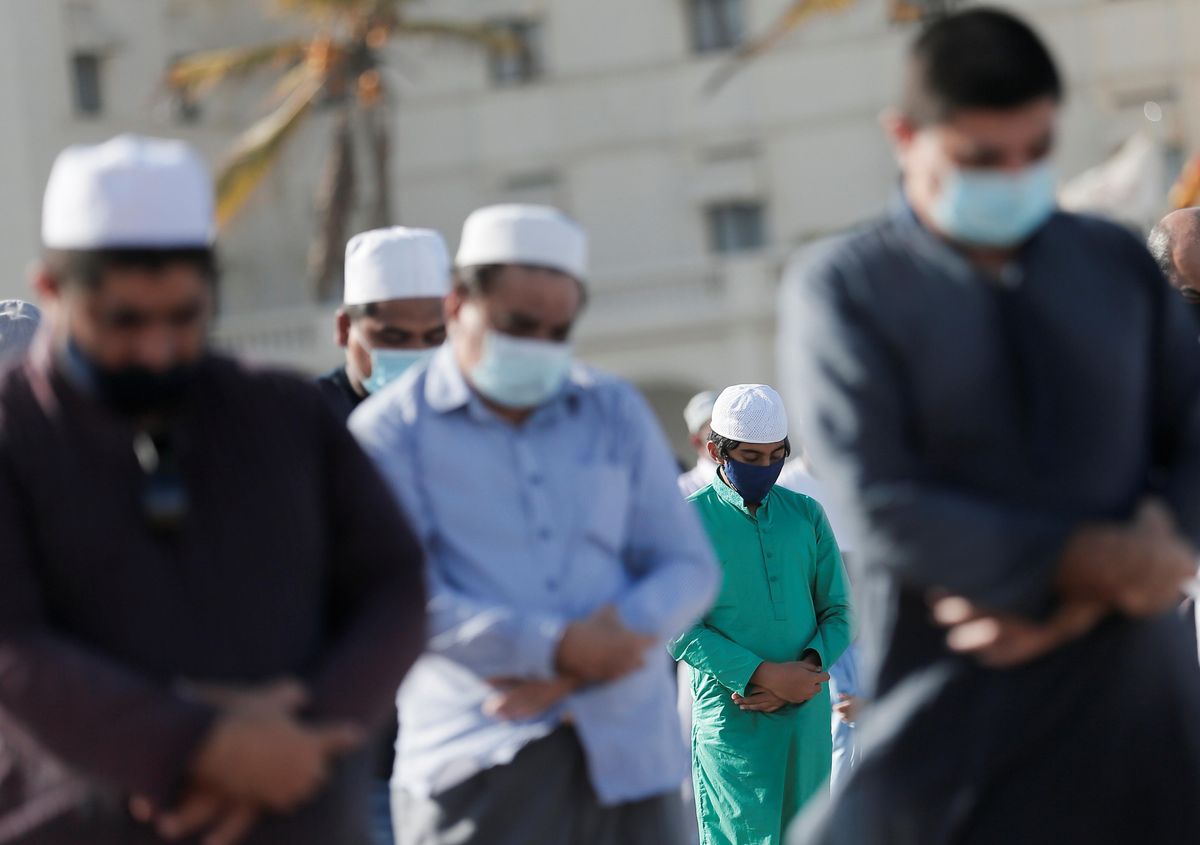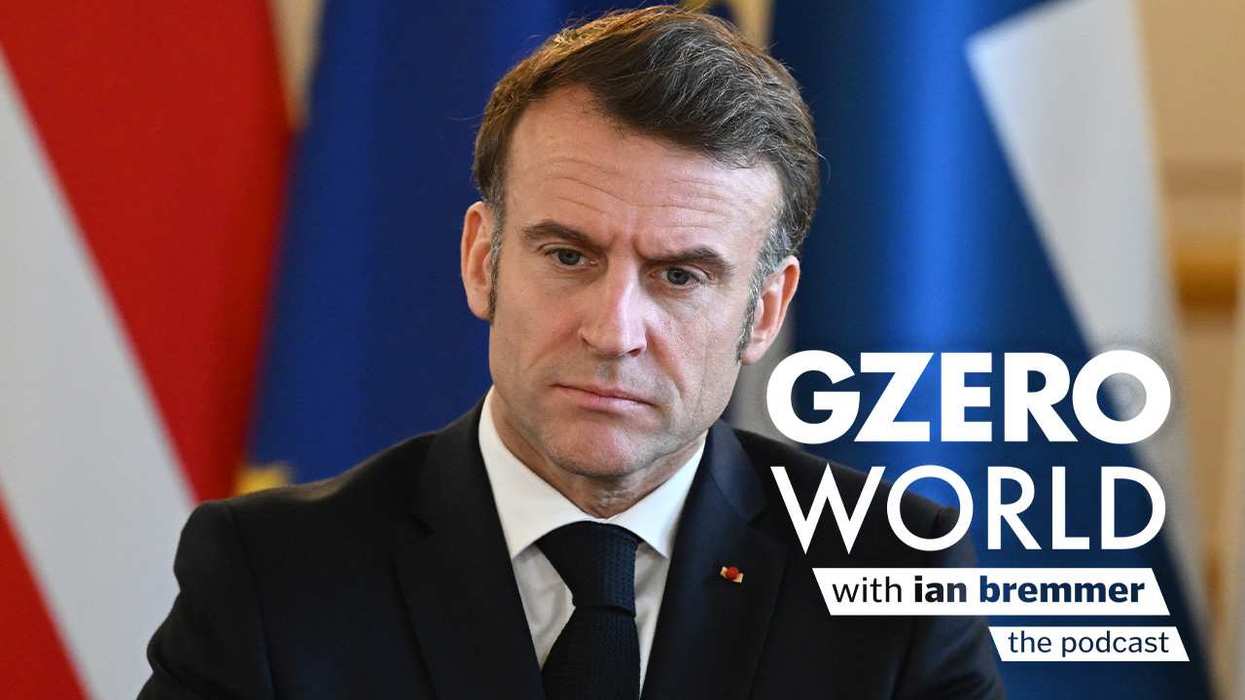35: Sri Lanka has come under attack for implementing a national cremation policy for all COVID deaths, even though the ritual is forbidden by Muslims, who make up 10 percent of the country's population. To date, 35 percent of people who have died from COVID in Sri Lanka identify as Muslim.
109 million: The European Union has suspended $109 million in pledged budget support to Ethiopia because Addis Ababa has blocked humanitarian access to the country's Tigray region amid an ongoing conflict with the Tigray Peoples' Liberation Front. The Ethiopian government will have to address its game plan fast because the EU is one of its largest donors, allocating 1.2 billion euros ($1.4 billion) for development projects in Ethiopia over the past six years.
7,800: In a stunning admission, Swedish King Carl XVI Gustaf said that the country's COVID containment strategy has been a failure, citing the "large number who have died" from the disease — at least 7,800 — as proof of the botched policy. Sweden's government has been criticized for its pandemic strategy, whereby it has refused to implement lockdowns, instead offering "recommendations" to the public, and relying on people's sense of civic duty to modify their own behavior.
70,000: As COVID-19 vaccines begin rolling out in some countries, Brazil is still grappling with an uncontrollable outbreak of the disease, recording more than 70,000 COVID cases on Wednesday alone, a daily record since the pandemic began. Meanwhile, Google data shows that in some places in Brazil, public transport and workplaces are even busier than before the pandemic.



















